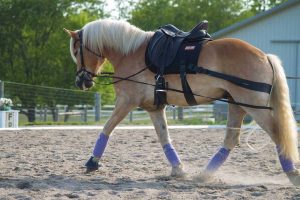
Proprioception and Strength Training Techniques for Horses
Helping your horse develop balance, core strength, and range of motion can be the key to injury prevention and better performance.
All aspects of caring for performance horses

Helping your horse develop balance, core strength, and range of motion can be the key to injury prevention and better performance.
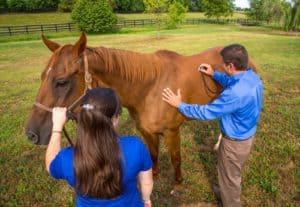
Find out what conditions, beyond lameness, a veterinarian might uncover during a prepurchase exam.

Higher-ranking international dressage riders were more likely to ride horses behind the vertical in warmup and competition, and mounts showed more conflict behaviors.

How veterinarians diagnose and rehabilitate horses suffering from kissing spines.
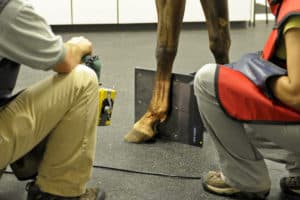
Learn about the types of fractures and how veterinarians handle them.
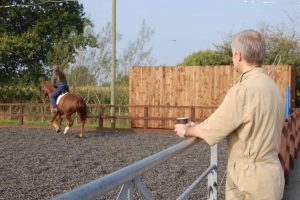
Learn how veterinarians get to the bottom of this complex cause of poor performance.

Find out how much protein your horse’s diet provides and whether it comes from high-quality sources.
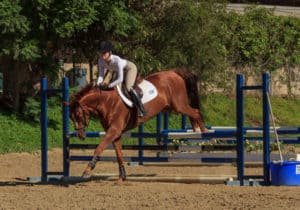
Find out what a veterinarian might look for when examining a horse that loses his balance after jumping a fence.
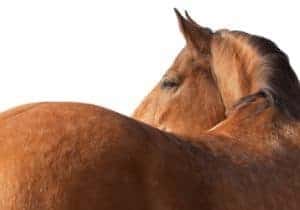
An equine nutrition expert addresses toplines, horse protein needs, and if whey is the way to go.
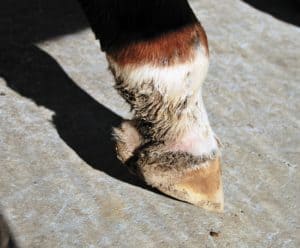
Address the condition’s primary, predisposing, and perpetuating causative factors for a successful outcome.
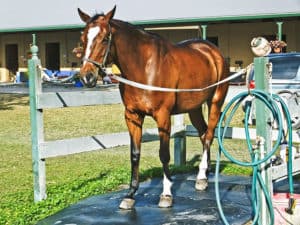
Horse show environments can put sport horses at risk for developing skin problems. Learn what causes common skin issues and how to return horses to top form.

Learn how these injuries happen, how veterinarians treat them, and tips for preventing them in the first place.
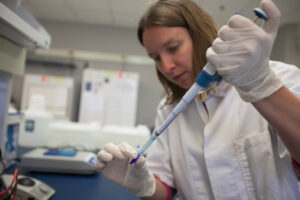
Learn about new applications for biologic therapies to treat horse’s infertility, wounds, ligament injuries, and eye issues. Read more in The Horse‘s Research Roundup 2023 issue.
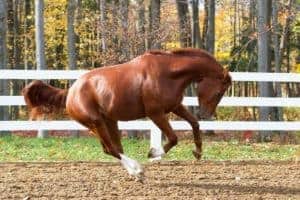
Discover 9 physical and behavioral reasons your horse might be kicking up his heels.
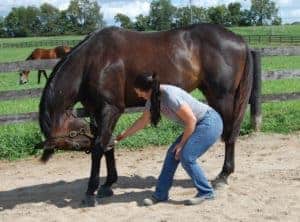
One expert explains why horses typically experience back pain and how veterinarians can treat and prevent it.
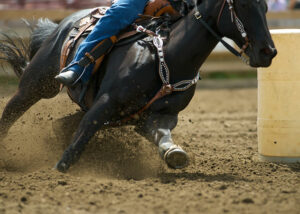
Scott Anderson, DVM, explains how shock wave therapy can help a suspensory ligament injury heal quickly and successfully.
Stay on top of the most recent Horse Health news with
© 2022 Copyright Statement dolor sit amet, consetetur sadipscing User Terms, sed diam nonumy eirmod tempor invidunt ut labore et dolore magna aliquyam erat, sed diam voluptua. At vero eos et accusam et justo duo dolores et ea rebum. Stet clita kasd gubergren, no sea takimata sanctus est Lorem ipsum dolor sit amet.
"*" indicates required fields